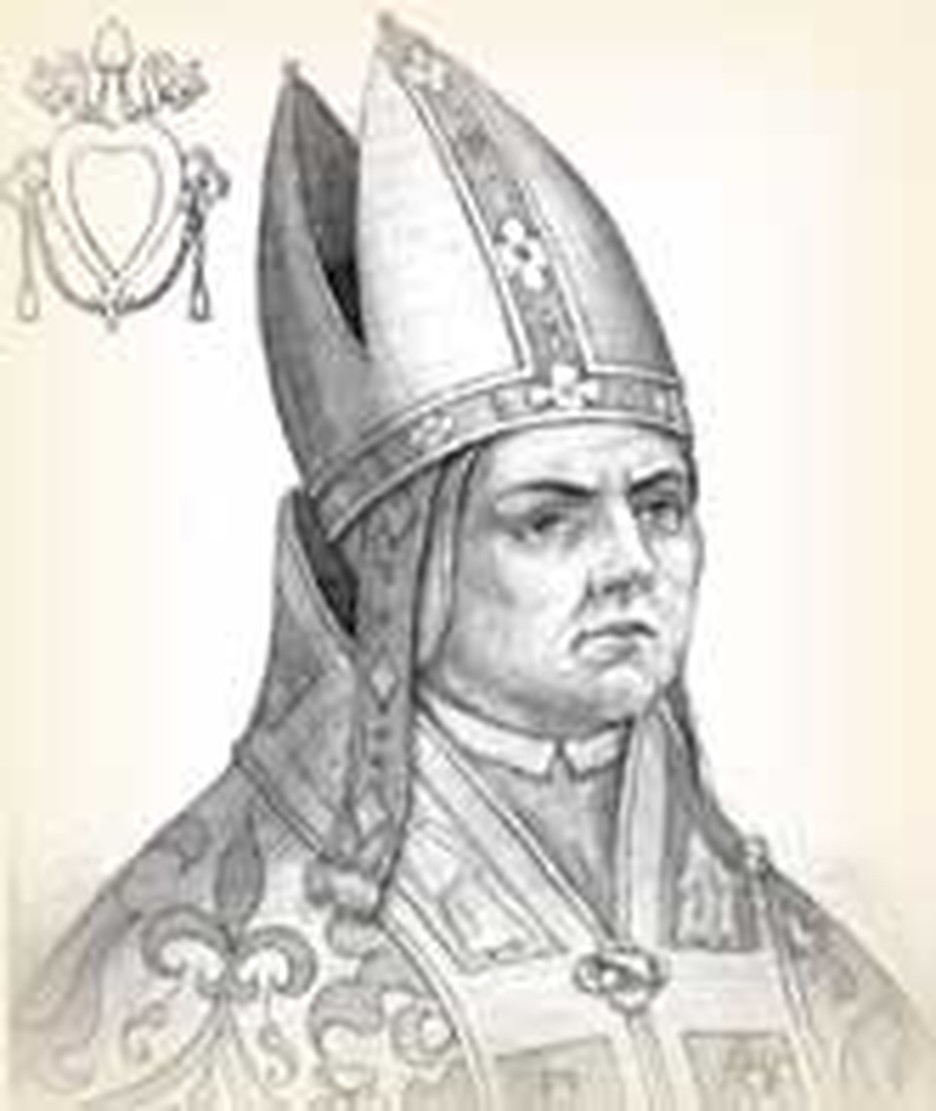
Me, me! Over here, your highness! Help me." The cries of the beggars grew loud as they thrust forward their hands, shoving and pushing, trying to reach their king.
As usual, King Stephen of Hungary was distributing alms himself. The clamor grew to a roar. Suddenly the tone of the crowd changed. The king was down! No doubt the timid drew back in fear, anticipating retaliation. They need not have feared.
The king regained his feet, but instead of a frown, his face wore a laugh. "I will always give alms to anyone who asks me," he assured his people.
Born in 975, he was given the name Vaik. Vaik's father was Duke Geyza. After Germany defeated Hungary in 955, Geyza realized that the loosely knit and feuding people of Hungary had to unite and adopt European ways. He strong-armed many of the nobles into unity and sent for Christian teachers from the west. He was baptized along with his family. Vaik, who was ten years old, took the Bible name "Stephen." Stephen married Gisela, sister of the man who became Henry II of the Holy Roman Empire. Many powerful knights accompanied her to her new home, and became Stephen's strongest supporters. He gave them big chunks of land and used their arms to put down the independent nobles.
Up to that time, supreme command of the Magyars (the dominant race of Hungary) had been an elected position within the ruling family. Some of Stephen's older relatives resented being bypassed without an election and they revolted. Stephen was ruthless in crushing them. He then became the first king of Hungary. Supposedly Pope Sylvester II issued a bull (a decree) making Stephen king by his authority and sent him a crown; but historians claim that this letter is a sixteenth century forgery.
Stephen was named a saint in 1083 because he Christianized his new nation. He built many churches, established bishops and archbishops, set aside lands to support the church and brought in Benedictine monks to teach the people. When the pagans resisted the incoming religion, Stephen crushed them and forced them to convert to Christianity.
The conversion of the masses was only skin deep, of course. When they did not attend church as the king wished, he ordered that market was to be held only in church towns on Sunday. He hoped that by getting people near a church, they would be lured in. The practical king also advised his son, Emeric, "Make strangers welcome in this land, let them keep their languages and their customs, for weak and fragile is the realm which is based on a single language or on a single set of customs." For the most part, he followed his own advice and the result was a greater unity for Hungary than for some neighboring Balkan states.
Stephen hoped Emeric would follow him to the throne, but his son was killed in a hunting accident. Stephen's nephews then plotted to take the throne and even tried to kill him. These events combined with illness to make his last days a bitter experience. His feast is held on August 16, every year.


